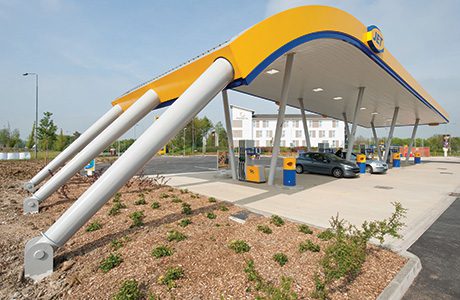Independent dealer Brobot Petroleum has successfully appealed via the First Tier Tax Tribunal against HM Revenue & Customs (HMRC) imposition of unreasonable conditions, to obtain an excise duty Deferment Account Number (DAN) for oil products.

In the decision handed down by the judge, HMRC was found to have been unreasonable in the conditions they set for a retailer trying to get a DAN, having already been approved by HMRC itself under the EPSS (Exercise Payment Securities Scheme).
The scheme was introduced by the government in 2007, specifically to enable small and medium-sized businesses to defer excise duty for up to 31 days with nil security.
PRA chairman Brian Madderson said: “Maybe a dozen of our retailers applied for and were successfully approved for EPSS, which was no easy task. They then went to HMRC and said they needed a DAN.
“HMRC insisted they had to tell them which terminal they were to be buying from, which supplier and have an agreement with that supplier that they would supply duty free.
“So the suppliers said they couldn’t offer to supply until the retailer got a DAN. But the retailers couldn’t get a DAN without a supply agreement.
“The judge has decided that’s unreasonable and it’s now unlawful. So what will happen now is that Brobot Petroleum and any others who have already been approved will start asking their suppliers for supply duty deferred, having first got a DAN.”
The ruling could have major implications for dealers, helping many to stay in business by improving cash flow, increasing fuel stock levels and reducing costs.
Ramsay MacDonald, retail director, Certas Energy, commented: “If duty was removed from the invoice price of a tanker load of fuel and paid separately by the dealer to HMRC, then that would reduce the price of a tanker considerably. For all dealers but especially those at the lower end it could be potentially transformational.
“As overdrafts are reduced the related requirements and costs for securities attached to debt would dramatically change. However, would all sites have the same eligibility? If not we could see a further division between smaller-end sites and the larger groups.”



















